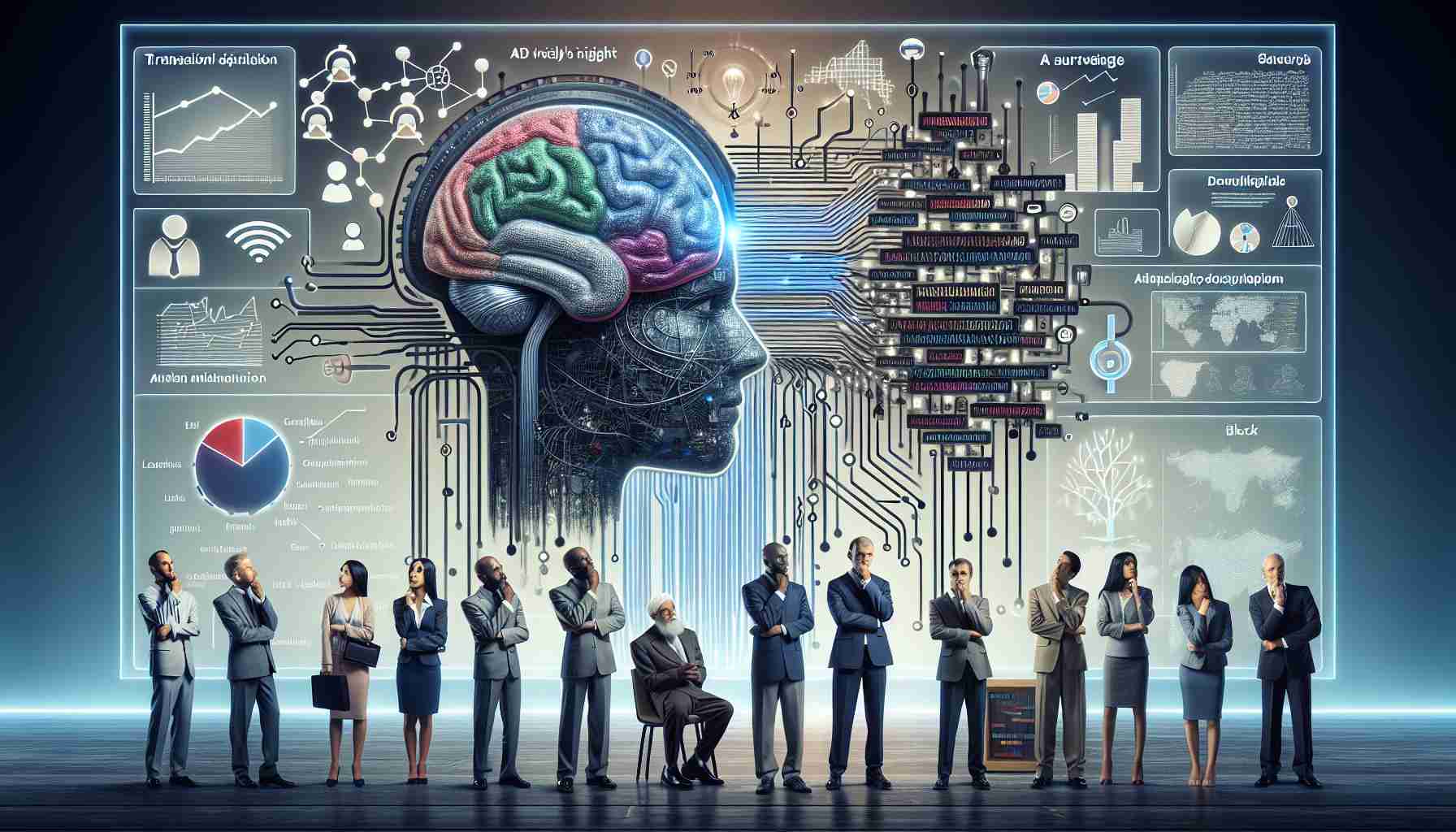A profound shift in the translation profession has been revealed by The Society of Authors (SoA) in the United Kingdom, indicating a significant impact on the livelihood of translators due to the rise of generative artificial intelligence (AI). Their study, as referenced by The Guardian, has brought to light that over a third of UK translators have found themselves out of work as a result of AI’s advancement.
The SoA carried out this survey in January 2024 and discovered a versatile utilization of AI among translators. While 37% of the translators have adopted AI to facilitate their translation process, about 8% were compelled to use it upon request from their publishers or clients.
Thomas Bunstead, a Spanish to English translator, underlines the distinction between literary translators and those working on commercial projects. Despite a third experiencing job loss due to AI, according to the SoA survey, literary translation remains a human-centered field.
In the same vein, translator Nicola Smoli adds his assurance for the preservation of the high-level craftsmanship in writing that still necessitates a human touch, especially in literary works.
Concurrently, co-chair of the Translators Association Ian Giles, known for translating Scandinavian texts, attests to a considerable decline in his translation income since early 2023. He provides insight into a new industry practice where publishers have moved towards ‘post-editing’ translations, initially drafted by AI, later refined by human translators, marking a paradigm shift in the field.
Bunstead also pointed out that despite the growing popularity of translated literature, translators, like all freelancers, face periods of unstable income, exacerbated by AI integration.
Nearly all of the 787 SoA respondents—encompassing a diverse group of writers, journalists, and illustrators, among others—expressed a desire for recognition or compensation when their work is used to train generative AI tools. Consequently, the SoA urges for stringent regulations to ensure ethical and lawful use of AI in the industry.
The emergence of generative AI—or generative artificial intelligence—signifies a notable leap in AI systems that can produce unique content across different mediums including text, audio, and imagery, offering creative solutions upon command, as opposed to merely classifying or analyzing existing data.
Challenges and Controversies:
One of the key challenges associated with AI-driven translation is the potential for job displacement among professional translators. As the SoA survey suggests, over a third of UK translators have faced unemployment due to AI advancements. This highlights a greater issue in the AI field, where automation may lead to widespread unemployment across various sectors.
The quality and nuances of translation pose another challenge. While AI can efficiently translate basic texts, it may struggle with context, cultural subtleties, and literary devices, which are crucial in literary translation. The creativity and deep understanding of human translators are necessary to capture the essence of the original text.
Intellectual property rights and compensation are also at the forefront of controversies. Translators and other content creators are concerned about their work being used to train AI systems without proper recognition or remuneration, as stated by nearly all the SoA survey respondents.
There’s also an ethical consideration of relying on AI for translation without transparency. Some argue that users should be informed when a translation is AI-generated, particularly in cases where nuances and accuracy are paramount, such as legal or medical documents.
Advantages and Disadvantages:
The advantages of AI-driven translation include:
– Speed and efficiency: AI can process and translate large volumes of text much faster than human translators, which is beneficial for time-sensitive projects.
– Cost-effectiveness: For businesses and individuals, AI translation can reduce costs compared to hiring professional translators.
– Accessibility: AI makes translation more accessible to people and companies who may not have had the means to hire professional services before.
On the downside, the disadvantages incorporate:
– Quality and accuracy concerns: Especially with complex texts, AI may not provide the same level of quality and accuracy as a skilled human translator.
– Job displacement: As AI becomes more prevalent, there is a risk of job loss for professional translators.
– Lost nuances: Cultural nuances, idiomatic expressions, and humor may be lost or inaccurately rendered by AI.
For further information and developments related to AI and machine learning, you can visit reputable tech news sites or academic databases. For AI-related ethical discussions and publications, visiting organizations that specialize in AI policy and regulation would be beneficial. Here are examples of domains you might consider exploring:
– To learn more about AI developments in technology: Wired
– For insights into the use of AI across industries: Forbes
– To delve into academic research and professional standards in AI: The Association for Computing Machinery (ACM)
– For discussions about AI ethics and policies: The AI Policy Congress
Please note the links are provided for informational purposes only and do not represent an endorsement of any specific content.
The source of the article is from the blog lokale-komercyjne.pl

